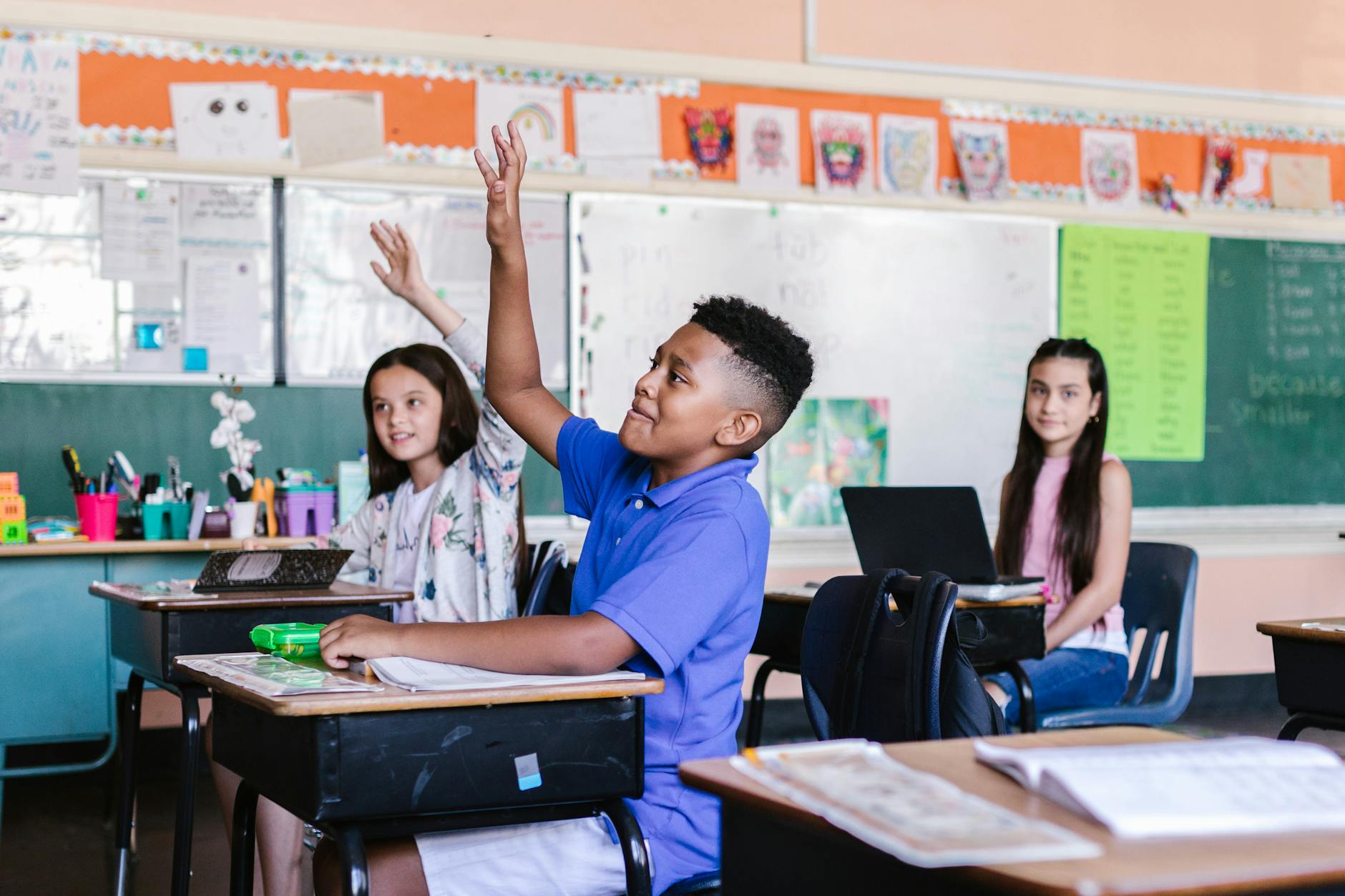DOE Canberra: Ed Trends for Gen Z

Harnessing Innovative Learning Strategies for Today's Students
In the rapidly evolving landscape of education, the emphasis on staying abreast of the most effective teaching methodologies is paramount. The Department of Education (DOE) in Canberra has taken a proactive approach to dissect and disseminate the latest trends in education that resonate with Generation Z, the cohort commonly referred to as individuals born between the mid-1990s and the early 2010s.
Personalized Learning Experiences
A key finding by the DOE emphasizes the importance of personalized learning. Gen Z students thrive in environments where education is tailored to their learning styles, interests, and pace. The traditional one-size-fits-all model is becoming obsolete as educators harness data analytics to customize lesson plans and learning outcomes.
Digital Literacy and Tech Integration
Digital literacy is not just desirable but essential for Generation Z. Having grown up in a digital world, these students are proficient in leveraging technology to enhance their learning. DOE Canberra underscores the integration of digital tools as a means to not only engage students but to prepare them for a workforce that is increasingly reliant on technology.
Collaborative and Project-Based Learning
Another trend highlighted is the shift towards collaborative and project-based learning. This pedagogical approach mirrors the constant connectivity of Gen Z, fostering teamwork, critical thinking, and problem-solving skills. Through group projects and real-world challenges, students apply what they learn, making education more interactive and impactful.
Focus on Soft Skills Development
The DOE's insights also point out the significance of soft skill development alongside academic instruction. Communication, adaptability, and emotional intelligence are increasingly recognized as indispensable characteristics for success in the 21st-century workplace. Educational programs are now integrating these soft skills into their curricula to better prepare students for the future.
Mental Health and Wellbeing
The well-being of students has come to the forefront, with an understanding that mental health is as crucial as academic achievement. DOE Canberra's research indicates that providing support for mental health and creating a safe and inclusive environment is vital for the success of Gen Z students.
Lifelong Learning and Adaptability
Lastly, the expectation of lifelong learning is ingrained in the latest educational trends, considering the speed at which new information and technologies emerge. DOE Canberra promotes the cultivation of a mindset geared towards continuous learning and adaptability, preparing students to navigate and excel in an ever-changing world.
Conclusion
As we delve into these educational trends for Generation Z, it becomes clear that the role of educators and institutions is more dynamic than ever. DOE Canberra's insights assert that the key to effective learning for today's students lies in embracing innovation, understanding their unique needs, and fostering an environment that encourages growth in all facets of life.